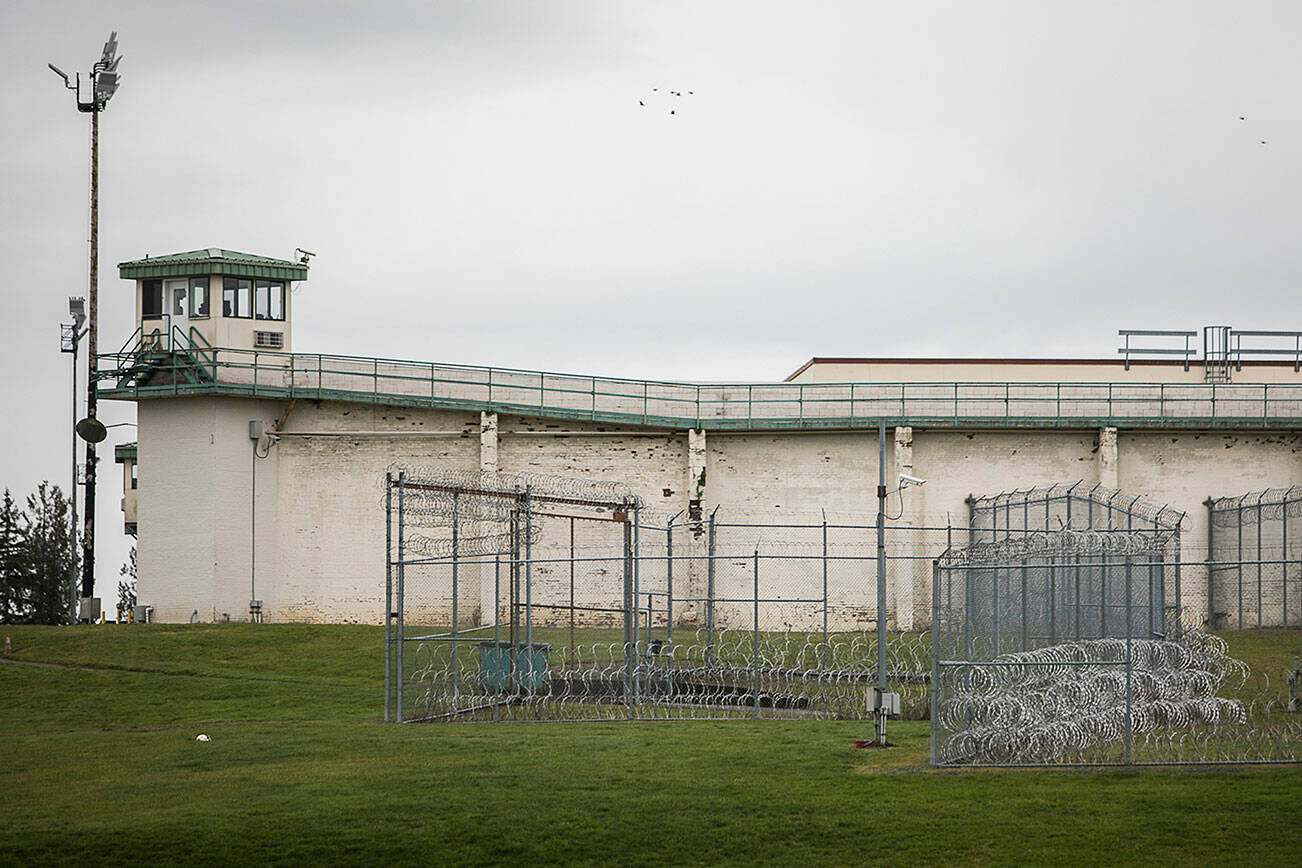The Washington State Department of Corrections publicly committed on June 26 to reducing the use of solitary confinement within its prisons by 90% in the next five years.
The Cornell Law School defines solitary confinement as the isolation and administrative segregation of prisoners, usually used as a method of internal discipline on inmates for infractions.
The announcement arrives after legislators introduced a bill in the Washington Legislature in January 2023, aiming to limit the use of solitary confinement.
At a House committee hearing on Jan. 10 in regards to House Bill 1807, Christopher Blackwell, an incarcerated inmate at the Washington Corrections Center, said he first experienced solitary confinement at age 12. Blackwell called solitary confinement dehumanizing and desensitizing.
“Days ago, a man took his own life while sitting in solitary at my prison because administration placed him there for his own protection,” Blackwell said.
According to a release from the Washington State Department of Corrections, agency leadership will work with corrections industry experts to develop a comprehensive plan to reduce the use of solitary confinement without compromising staff safety. The plan will be made public later in the year.
“While it can be an effective way to deter violence, spending prolonged periods of time in isolation has devastating effects on an individual’s mental and physical health long after they leave our facilities,” said Cheryl Strange, deputy secretary for the Washington Department of Corrections, in a statement.
A 1983 study published in the American Journal of Psychiatry found inmates in solitary confinement experienced various psychopathological effects. Inmates described symptoms including perceptual changes like distortions, hallucinations and derealization experiences; massive free-floating anxiety; difficulties with thinking, concentration and memory; the rise of aggressive and violent fantasies; and problems with impulse control.
According to the study, all inmates interviewed reported a rapid subsidence of symptoms upon termination of the isolation.
Kyle Payment, a Washington inmate, testified at the Jan. 10 hearing regarding his experiences in solitary confinement.
“Customs staff override mental health staff decisions to treat people (with) mental illness, and in turn, warehouse us in solitary confinement indefinitely, where our conditions only worsen,” Payment said.
Talk to us
Please share your story tips by emailing editor@kentreporter.com.
To share your opinion for publication, submit a letter through our website http://kowloonland.com.hk/?big=submit-letter/. Include your name, address and daytime phone number. (We’ll only publish your name and hometown.) Please keep letters to 300 words or less.

